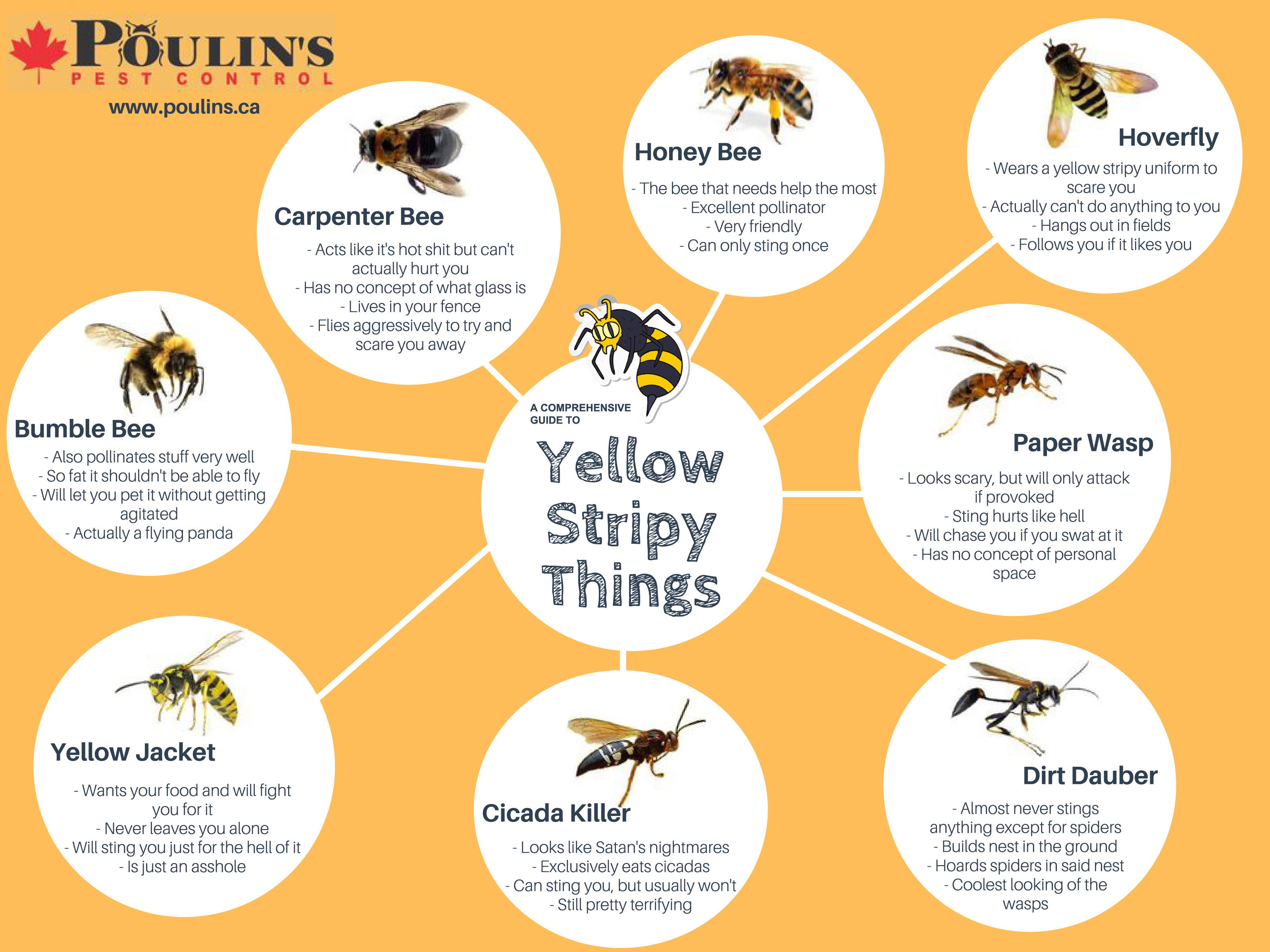Exploring The Sound Perimeter: Music's Impact On Community

Table of Contents
Music as a Social Glue: Fostering Unity and Belonging
Music possesses an incredible ability to unite people, transcending differences and fostering a sense of shared identity. This social glue strengthens community bonds and promotes inclusivity.
Shared Musical Experiences
Shared musical experiences, like concerts, festivals, and community choirs, offer unparalleled opportunities for social interaction and connection. These events create a sense of belonging and shared purpose, bringing people together regardless of age, background, or social status.
- Increased social interaction: Participating in group musical activities encourages interaction and communication, leading to stronger relationships within the community.
- Sense of belonging: Shared musical passion fosters a feeling of belonging and acceptance, particularly for individuals who may feel isolated or marginalized.
- Overcoming social barriers: Music can break down social barriers and foster understanding between diverse groups within a community. For example, community choirs often bring together people from different backgrounds, fostering collaboration and mutual respect.
- Successful community music programs: Examples such as the "El Sistema" program in Venezuela, which uses music education to empower youth from disadvantaged backgrounds, showcase the transformative power of community music. Similar initiatives in various cities worldwide demonstrate the positive impact of music on social cohesion.
Music Therapy and Community Healing
The therapeutic benefits of music extend beyond individual healing to the well-being of entire communities. Music therapy programs play a vital role in supporting marginalized groups and promoting mental health.
- Stress reduction: Music can reduce stress and anxiety, fostering a sense of calm and well-being within a community.
- Improved mental health: Music therapy programs have been shown to improve mental health outcomes for individuals struggling with various challenges.
- Fostering resilience: Music can help build resilience within communities by providing a creative outlet for expression and emotional processing.
- Examples of music therapy programs: Community centers and hospitals are increasingly incorporating music therapy into their services, recognizing its positive impact on patient well-being and community mental health. These programs demonstrate the powerful role music plays in community healing.
The Economic Ripple Effect: Music as a Driver of Local Economies
The economic benefits of music extend far beyond the musicians themselves. A thriving music scene can significantly boost local economies, creating jobs and attracting investment.
Music Tourism and Revenue Generation
Music festivals and venues act as powerful magnets for tourism, attracting visitors from near and far and injecting significant revenue into local businesses.
- Increased hotel bookings: Music events lead to a surge in hotel bookings, benefiting the hospitality sector.
- Restaurant patronage: Visitors attending musical events often dine at local restaurants, boosting revenue for these businesses.
- Retail sales: Increased foot traffic translates into higher retail sales, benefiting local shops and businesses.
- Case studies of communities: Many communities have successfully leveraged music tourism to revitalize their economies. Examples include Austin, Texas, known for its vibrant live music scene, and many smaller towns that host successful music festivals annually.
Music Education and Job Creation
Investing in music education is an investment in the future economic prosperity of a community. It creates a pipeline of skilled musicians and supports numerous related industries.
- Music teachers, musicians, instrument makers, event organizers: A thriving music scene supports a wide range of jobs, from musicians and teachers to instrument makers and event organizers.
- Economic benefits of supporting local music schools and programs: Investing in music education programs leads to a skilled workforce capable of contributing to the creative economy and related industries. This investment creates long-term economic benefits for the community.
Preserving Cultural Heritage: Music as a Keeper of Traditions
Music plays a critical role in preserving cultural heritage and transmitting traditions across generations. It acts as a powerful symbol of cultural identity and community pride.
Traditional Music and Cultural Identity
Traditional music forms the backbone of many cultural identities, carrying with them stories, histories, and values that bind communities together.
- Passing down musical traditions through generations: Traditional music serves as a vital means of transmitting cultural knowledge and practices across generations, ensuring the survival of cultural heritage.
- Strengthening cultural pride: Music fosters a sense of cultural pride and belonging, reminding community members of their shared history and identity.
- Resisting cultural homogenization: In a globalized world, traditional music plays a crucial role in resisting cultural homogenization and maintaining unique cultural identities.
- Examples of communities successfully preserving their musical traditions: Many communities have successfully implemented initiatives to protect and promote their traditional music, demonstrating the importance of this cultural asset.
Documenting and Archiving Local Musical Histories
Documenting and archiving local musical histories is crucial to preserving this invaluable cultural heritage for future generations.
- Oral histories, recordings, preservation of musical instruments: Various methods are used to document musical histories, including oral histories, recordings, and the preservation of musical instruments.
- The importance of community involvement: Community involvement is essential in these preservation efforts, as it ensures that the stories and perspectives of the community are accurately captured and shared.
Conclusion
This exploration of the "sound perimeter" reveals the profound and multifaceted impact of music on community life. From fostering social cohesion and driving economic growth to preserving cultural heritage, music acts as a vital force in building vibrant and thriving communities. By actively supporting local music initiatives, investing in music education, and celebrating diverse musical expressions, we can strengthen the "sound perimeter" and enrich the lives of all community members. Let's continue to explore and appreciate the powerful role of music's impact on community and work together to cultivate thriving musical landscapes in our towns and cities. Investing in music is investing in a stronger, more vibrant community.

Featured Posts
-
 Young Entrepreneurs Journey Building A Food Business In Louth And Beyond
May 21, 2025
Young Entrepreneurs Journey Building A Food Business In Louth And Beyond
May 21, 2025 -
 Is The Goldbergs Ending Soon Exploring The Shows Future
May 21, 2025
Is The Goldbergs Ending Soon Exploring The Shows Future
May 21, 2025 -
 Quiz Loire Atlantique Testez Vos Connaissances Sur L Histoire La Gastronomie Et La Culture
May 21, 2025
Quiz Loire Atlantique Testez Vos Connaissances Sur L Histoire La Gastronomie Et La Culture
May 21, 2025 -
 The Curious Case Of Gumball A Look At Upcoming Episodes
May 21, 2025
The Curious Case Of Gumball A Look At Upcoming Episodes
May 21, 2025 -
 Interview Barry Ward On Playing Cops And Casting
May 21, 2025
Interview Barry Ward On Playing Cops And Casting
May 21, 2025
Latest Posts
-
 Love Monster A Comprehensive Guide
May 21, 2025
Love Monster A Comprehensive Guide
May 21, 2025 -
 Gbr Highlights Grocery Savings 2000 Quarter Discovery And Doge Poll Outcomes
May 21, 2025
Gbr Highlights Grocery Savings 2000 Quarter Discovery And Doge Poll Outcomes
May 21, 2025 -
 Top Gbr News Best Grocery Buys Lucky 2000 Quarter And Doge Poll Update
May 21, 2025
Top Gbr News Best Grocery Buys Lucky 2000 Quarter And Doge Poll Update
May 21, 2025 -
 This Week In Gbr Grocery Shopping Guide 2000 Quarter Found And Doge Poll
May 21, 2025
This Week In Gbr Grocery Shopping Guide 2000 Quarter Found And Doge Poll
May 21, 2025 -
 Looney Tunes And Cartoon Network Stars New 2025 Animated Short
May 21, 2025
Looney Tunes And Cartoon Network Stars New 2025 Animated Short
May 21, 2025
